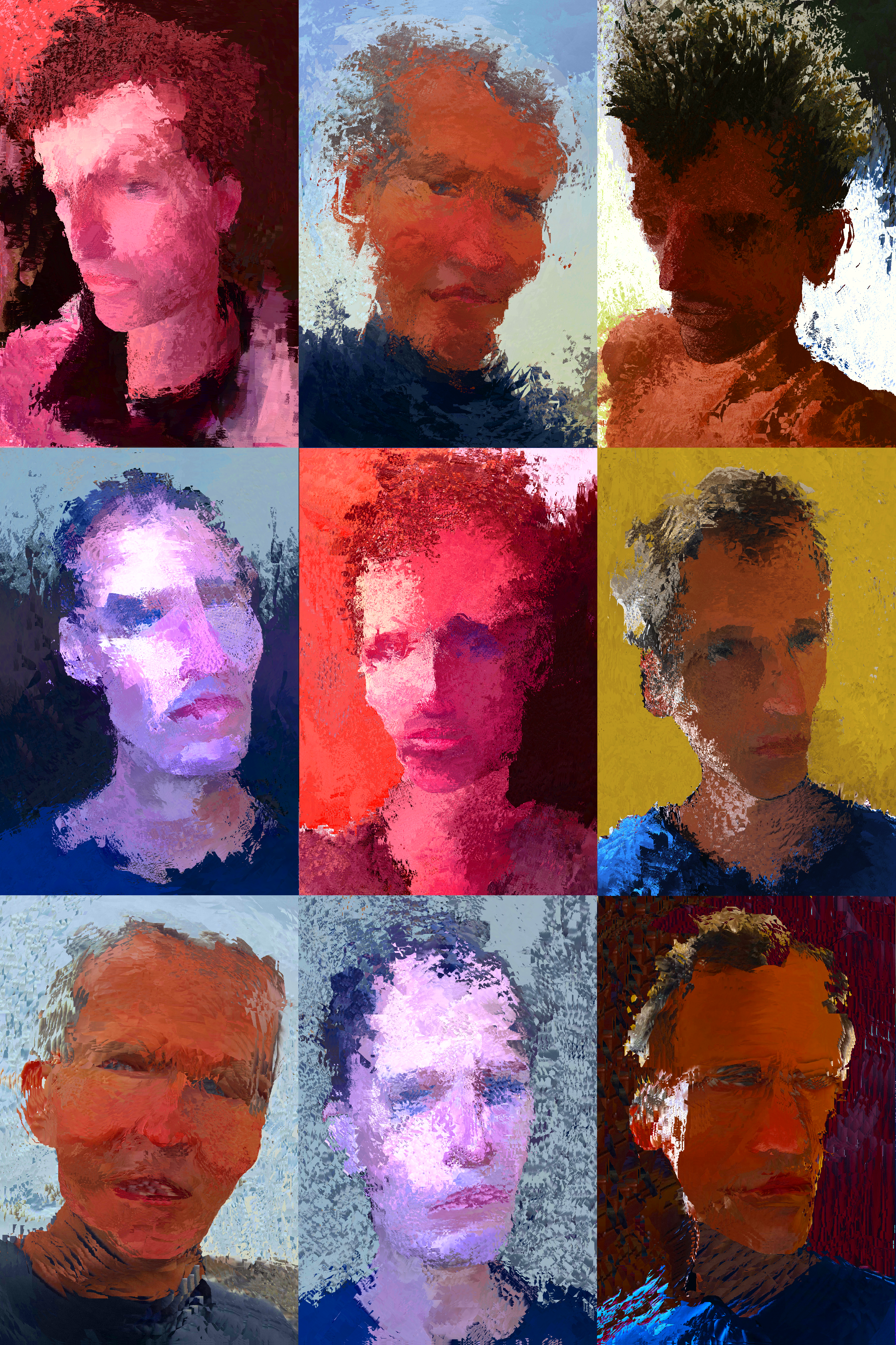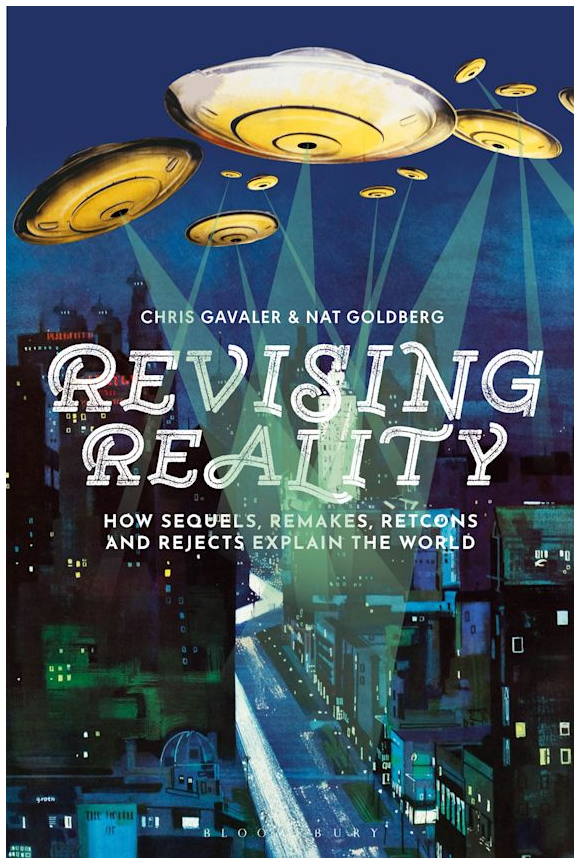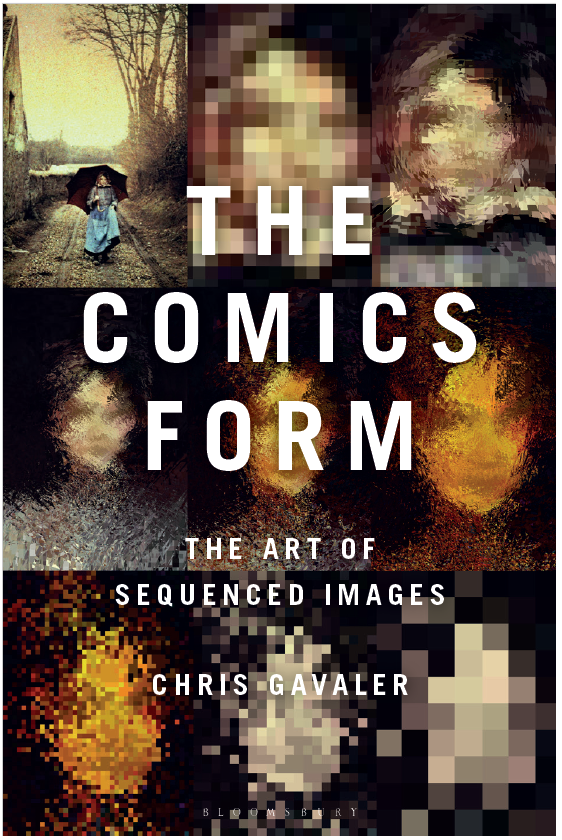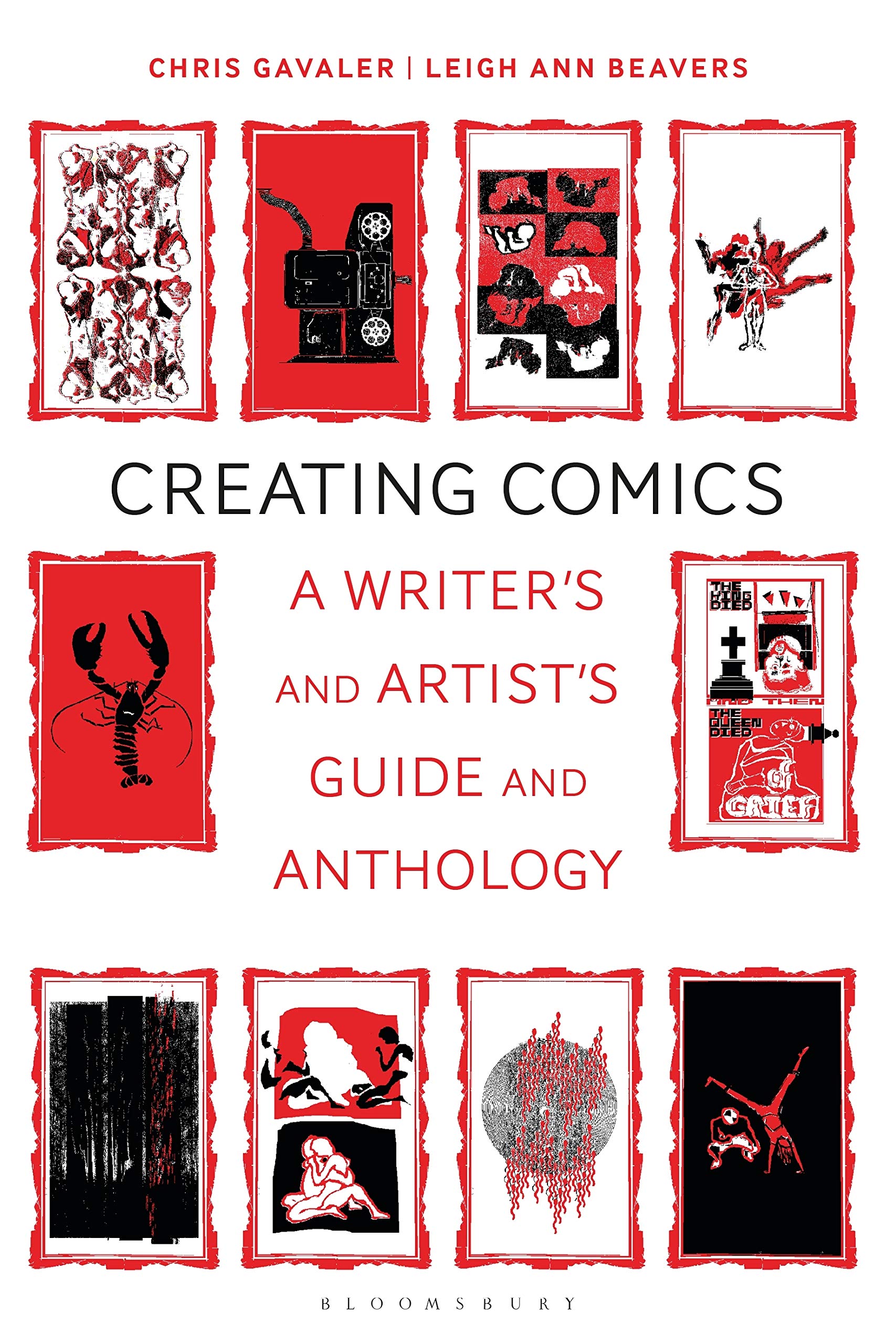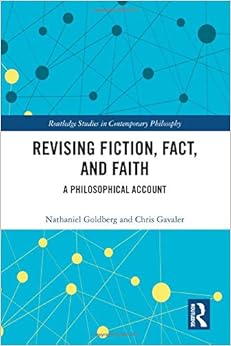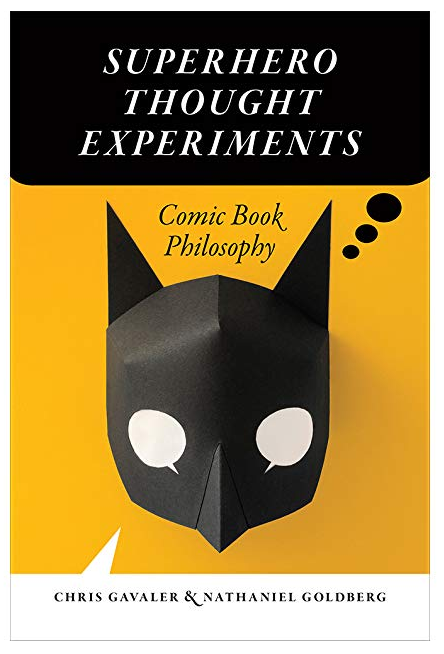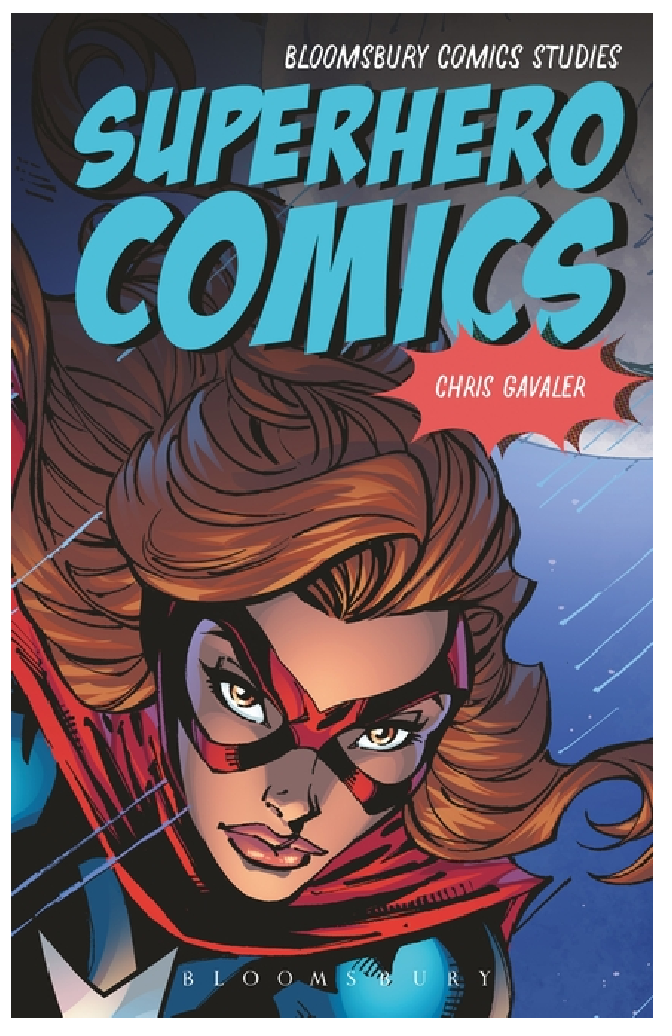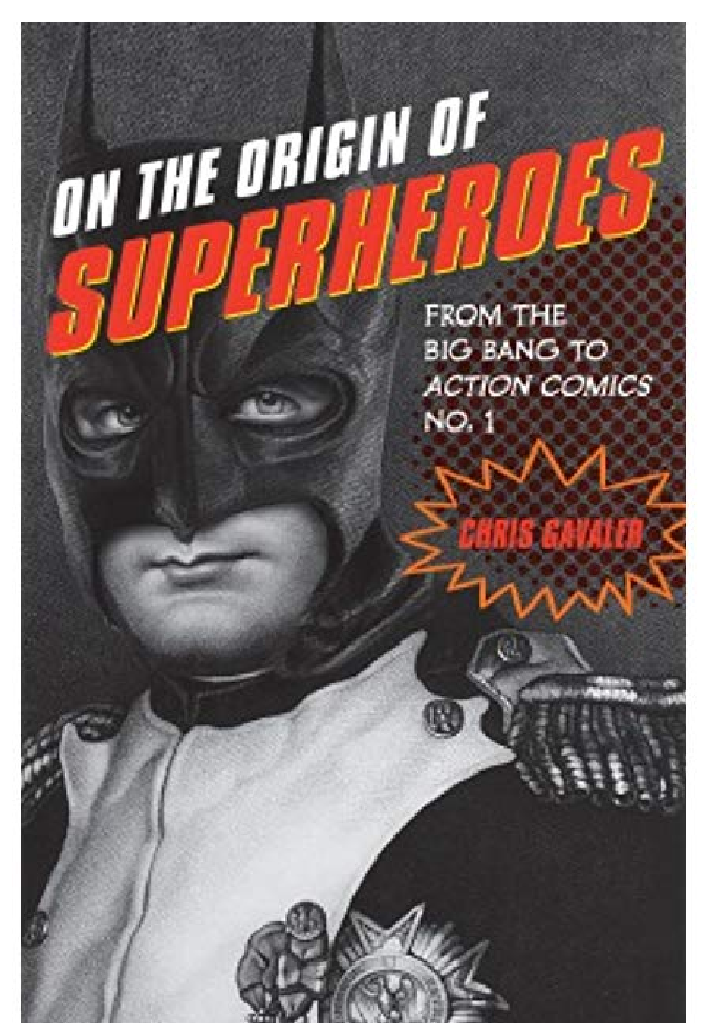Monthly Archives: July 2011
29/07/11 School for Superheroes
While I was promoting my second novel, School for Tricksters, ThreeGuysOneBook.com asked me what books made me a reader for life:
This is embarrassingly unliterary, but comic books started me reading. I remember my first: The Defenders #15. The cover is the desktop background on my laptop. This was around 1972, when my parents were involved in the civil rights movement. I was too busy studying superheroes to take much notice. Until someone sprayed “Niger Lovers” (yes, they misspelled it) on the side of our house. My parents were suing our Pittsburgh suburb to desegregate their police force, which also explains why our phone was tapped.
I was seven and more concerned with the Defenders’ battle against Magneto and the Brotherhood of Evil Mutants. I was living on a planet of pulp paper, neatly sorted into stacks in my bedroom closet: Uncanny X-Men, Amazing Spider-Man, Incredible Hulk. I have a box of tattered survivors in my attic, and have tried to woo my ten-year-old with them, but he prefers real novels (Percy Jackson, Eragon, Artemis Fowl).
My Defenders #15 vanished, so I recently bought a reprint collection the size of a New York telephone book. It’s in black and white, but I still recognize the stories, even exact panels: the way Magneto sits plotting over an ancient book of magical science. After thwarting the Brotherhood, the Defenders went on to battle the Sons of the Serpent, a supervillain group I only now see is based on the Ku Klux Klan. Their evil plan: start a race war and force all non-Aryans out of America. I wasn’t living on as different a planet as I thought. Hawkeye, the Defenders’ newest member, is a millionaire playboy by day, and he soon discovers that his African American assistant has been secretly financing the Sons of the Serpent with his fortunes. Why? Because it’s good business. This isn’t another planet. This is America, only more so. America dreaming about itself.
I grudgingly grew out of comics by the end of elementary school, and went on to devour Heinlein in middle school, Vonnegut in high school, and finally the novels that most inspired my writing: Toni Morrison’s Beloved, Leslie Marmon Silko’s Ceremony, Maxine Hong Kingston’s Woman Warrior. It was Morrison’s Playing in the Dark that opened my eyes widest, showed me that all writers are writing about race. It’s just a question of whether they know it or not. I read it the year it came out, 1992, the year I started writing my first novel.
Or that’s the literary way of telling the story. My new novel in stories, School for Tricksters, may owe as much to Marvel Comics. It’s about an evil government plot to destroy non-Aryan culture. It’s about heroes with secret identities: a young white woman and a young black man passing as Indians in a school designed to turn Indians into Whites. Everyone there learns to wear a mask. Including myself: I am a white man writing as a black man and a white woman about Native America. Unlike The Defenders, the novel recreates real people for its characters. Its world is painstakingly researched history, but the true tale is as amazing, incredible, and uncanny as any of Clark Kent’s or Peter Parker’s. It’s America, only more so.
I’ve tried to go back to comic books—those shelves of graphic novels in every major book store. Like real dreams, their absurdities are embarrassing, sometimes revealing, but most often banal. I teach a college seminar on superheroes, and my research unearths an occasional gem like “Wyatt Wingfoot,” a Fantastic Four character based on Jim Thorpe, a central character in School for Tricksters. Wyatt and I were both born in1966, just a month apart. More often my discoveries are uglier: the roots of the superhero in 1930’s fascism, 1920’s vigilantism, 1910’s eugenics. America dreaming in nightmares. That’s not the history Marvel Comics taught me. But then my American history texts didn’t teach me about the Carlisle Indian School either. It’s our job to go deeper, to read under the surface of things. Comic books are as good a start as any.
Tags: Brotherhood of Evil Mutants, Carlisle Indian School, Hawkeye, Ivy Miller, Jim Thorpe, Magneto, Pittsburgh, School for Tricksters, Sylvester Long, The Defenders, Wyatt Wingfoot
- Leave a comment
- Posted under Uncategorized
